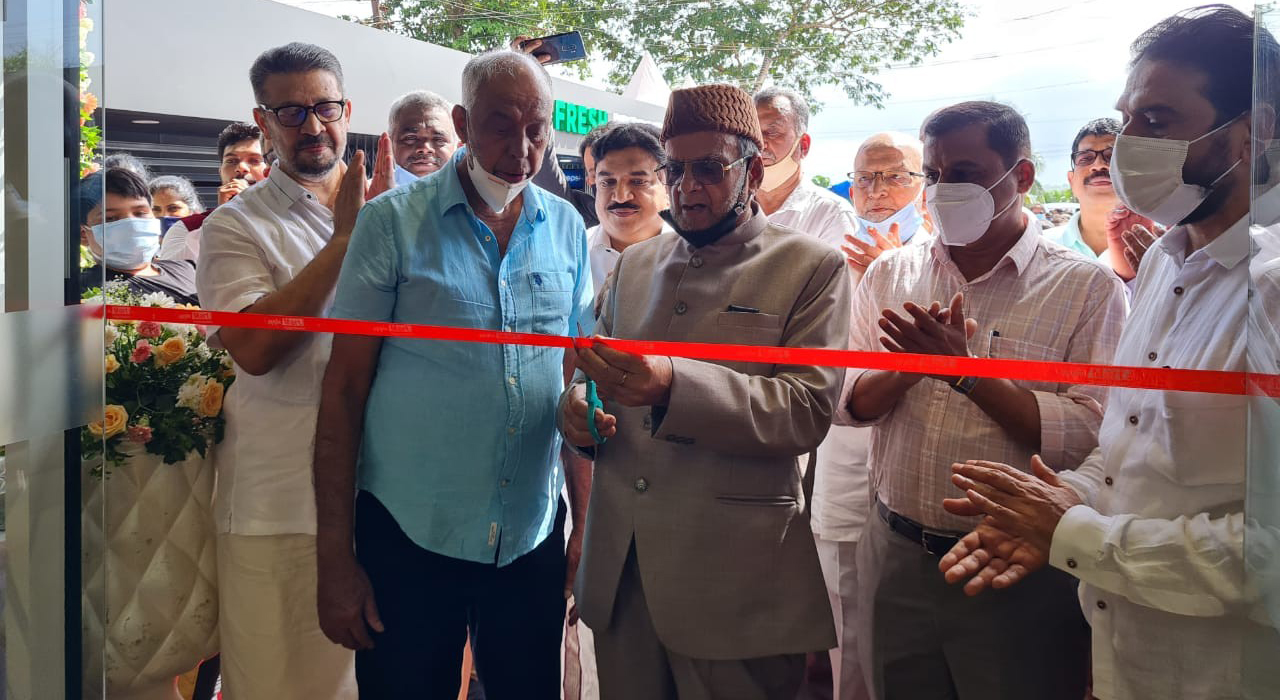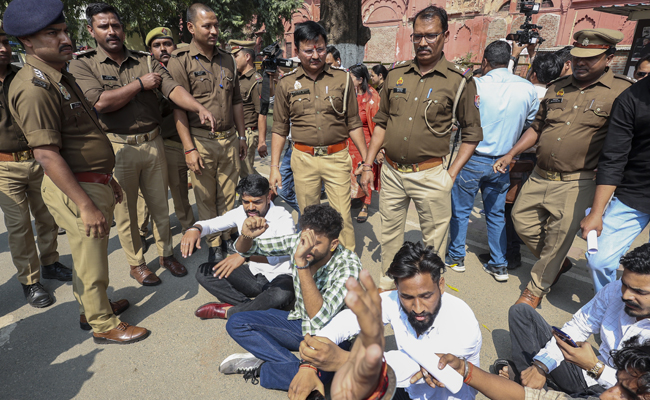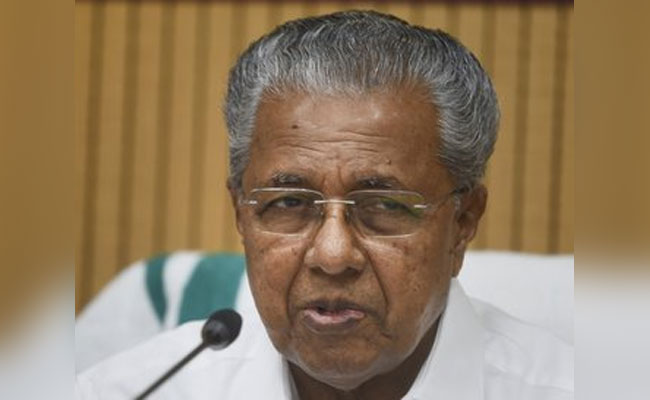Konaje: Apple Mart Hypermarket inaugurated their new store near Kanachur Hospital in Deralakatte on Thursday.
The new store was inaugurated by Natekal Businessman P. M. Kunhi Bava.
Mangaluru University’s Registrar Dr. Kishore Kumar C. K., who was among the Chief Guests at the event inaugurated the Apple Mobile Mart Division and said that the opening of Apple Mart's new modern store in the developing area had greatly benefited the people of the area and wished for the new store to run successfully in the future.
Chief Guest K. Aboobacker of Natekal Wood Industries inaugurated the Reems counter and wished success for the outlet. The Vegetable and Fruits counter was inaugurated by John Victor Mendonca from Konaje’s Mangala Traders. Chairman of Apple Mart and A. K. Group of companies, M Ahmed was present. Shareholders of Apple Mart and dignitaries were also present during the occasion.
One Year Offer
The new store offers coupons for a new offer of 'One Year Free Shopping'. The lucky draw will be held on the 15th of August. Up to 10 winners will be selected, who will be provided an opportunity to do free shopping on the fixed amount of commodities once a month for one year.
Affordable Pricing
The new store has high-quality and multi-brand glassware, consumables, stationery, toy and sports goods, imported and Indian chocolate, cold drinks, groceries, organic pulses, and other items available at affordable prices.
The counter with the city's prestigious Dry Fruits distributor Reems has a variety of dry fruits of excellent quality available, while multiple brands of mobile phones are also available in the newly inaugurated Apple Mobile Mart section along with mobile accessories all under the same roof.
Apple Mart's stores which are already operating in the Attavar, Kadri, Padavinangady, and Valencia in Mangaluru has now started their operations in their new store near Natekal.


















Let the Truth be known. If you read VB and like VB, please be a VB Supporter and Help us deliver the Truth to one and all.
Nagpur (PTI): A private tuition owner and his aide were arrested in connection with the suspected leak of Physics and Chemistry question papers of class 12 exams being conducted by the Maharashtra board in Nagpur, police said on Monday.
With the arrest of Mustafa Khan Munir Khan (42), who runs a teaching academy in the Mominpura area, and his aide Junaid Mohammad Abdul Javed, the number of people held so far has reached four.
Khan and Javed were remanded to police custody till February 26.
According to police, Khan allegedly shared the Chemistry paper on a WhatsApp group named "Tech 1", and Javed posted the answers. One Nishikant Mool had circulated the leaked content among students of his tuition classes.
The incident came to light on February 18 when a supervisor at St. Ursula High School examination centre spotted the paper on a student's phone.
Police said technical surveillance helped trace the accused. However, the original source of the leak remains unknown and further investigation is underway.





